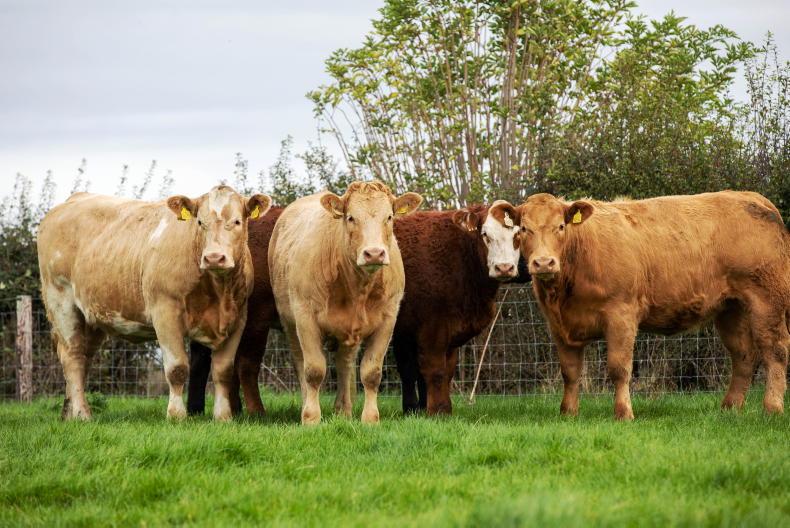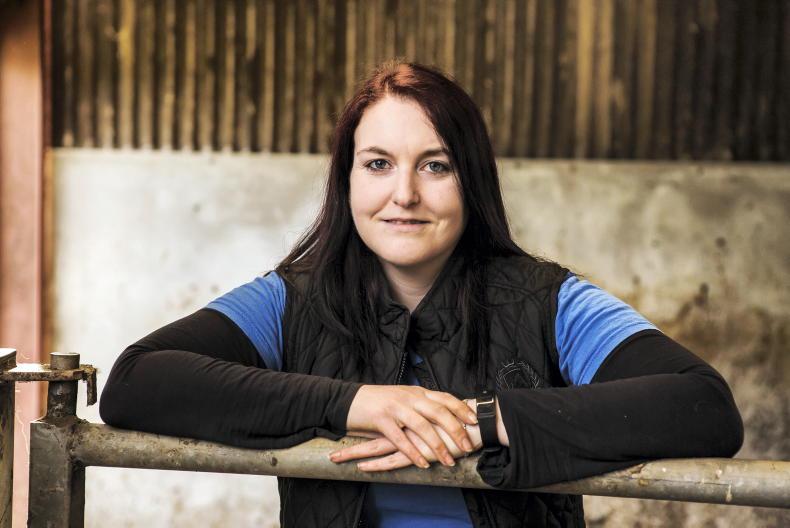Farmers participating in the Beef Data and Genomics Programme (BDGP) are required to have 20% of their eligible breeding females at four or five stars by 31 October this year. However, given the difficult conditions, ICSA have called for flexibility in meeting this requirement.
John Hally, ICSA chair, said: “It is increasingly clear for example, that the BDGP targets will have to be reviewed and that the shortfall in funding uptake must be retained in the scheme. Farmers will need flexibility to allow them to sell surplus stock even if it means not meeting the four- and five-star targets in 2018.”
Impact
He said the impact of the drought to date had been widespread and that long-term consequences would vary based on farm type and location. However, suckler farmers were identified as those who were most vulnerable due to extended low incomes.
“Breeding farms have a bigger challenge than trading farms when it comes to a fodder crisis because the impact of selling breeding cows is to destroy a lifetime’s work.”
"Whereas dairy farms do have a lot of support from co-ops and also the benefit of cash reserves from last year, no such comfort exists for suckler farms,” Hally said.
Concern
A number of concerns for suckler farms were outlined including reduced weanling performance, increased calving intervals and reduced fertility.
The ICSA has said that it is increasingly likely a targeted aid package for farmers who are suffering acutely from the drought will have to be considered.








SHARING OPTIONS